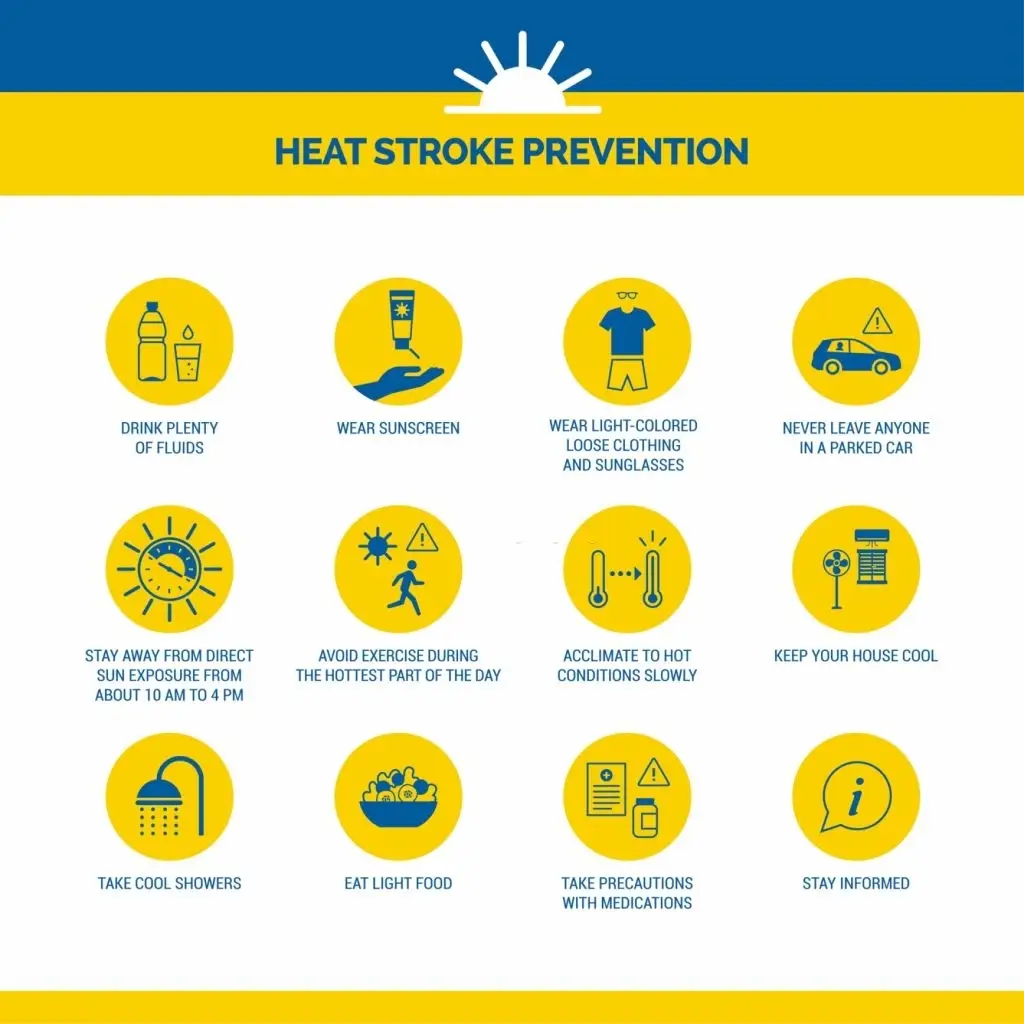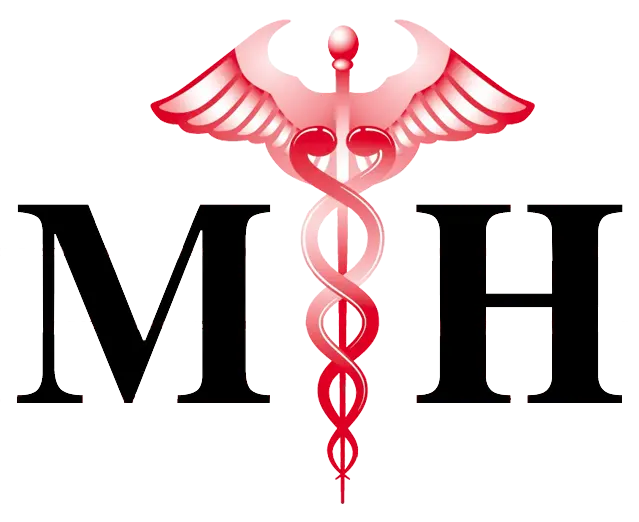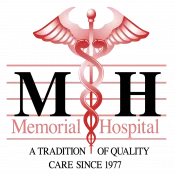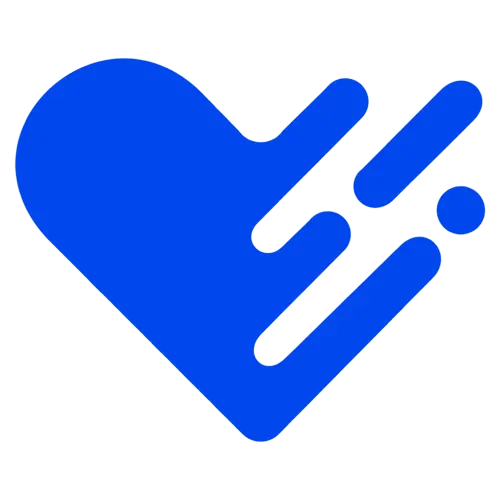Heat stroke is just as horrible and scary as it sounds, but it is treatable and preventable. It is very dangerous and should not be ignored no matter what you are trying to accomplish outdoors.
Heat stroke is caused by the overheating of your body, which is generally the result of strenuous physical activity in extremely hot temperatures. There is also heat exhaustion which isn’t as dangerous but could lead to heat stroke.
The most dangerous of the heat-related injuries, heat stroke, can occur if your body temperature rises to 104℉ or higher. The condition is most common in the summer months and requires emergency treatment.
Untreated heat stroke can cause damage to your brain, heart, kidneys, and muscles. The damage gets worse when treatment is delayed, increasing your risk of serious complications or even death. Infants and the elderly are most at risk for a heat-related illness or injury, and it can affect even the most dedicated sports enthusiast.
Heat strokes are far more serious than heat exhaustion
Heat strokes and heat exhaustion are both of the heat-related illness families, but heat strokes are far more dangerous and need medical attention.

The early warning signs of heat exhaustion are nausea, light-headedness, fatigue, muscle cramping, and dizziness, and these symptoms must be recognized early in the episode. When it is apparent that someone is in the throes of heat exhaustion, they must cool down by taking a cool shower or by using cold, wet washcloths, and they need to push fluids in order to hydrate.
They also need to take off any tight or excess clothing that could help raise their body temperature.
Signs of a heat stroke
- Headache
- Dizziness and confusion
- Loss of appetite/sick stomach
- Sweating, pale skin
- Cramps
- High pulse rate
- A high temperature of 100 degrees or more
- Unquenchable thirst
How to cool someone down
- Get them out of the heat immediately
- Have them lie down and slightly raise their feet
- Make them drink water
- Cool them off with a fan, spray bottle, or a wet towel
Practice prevention to avoid a heat stroke
You don’t need heat stroke to happen before you address it. There are many ways to hold off heat stroke and heat exhaustion by prevention measures.
Here are some preventative measures you can take to avoid heat stroke:
- Wear loose-fitting, lightweight clothing
- Wear sunscreen
- Push fluids
- Be careful with certain medications
- Never leave anyone in a parked car with no air conditioning
- Take it easy during the hottest parts of the day
- Get acclimated to the temperature outside
- Be cautious if you’re an at-risk candidate










